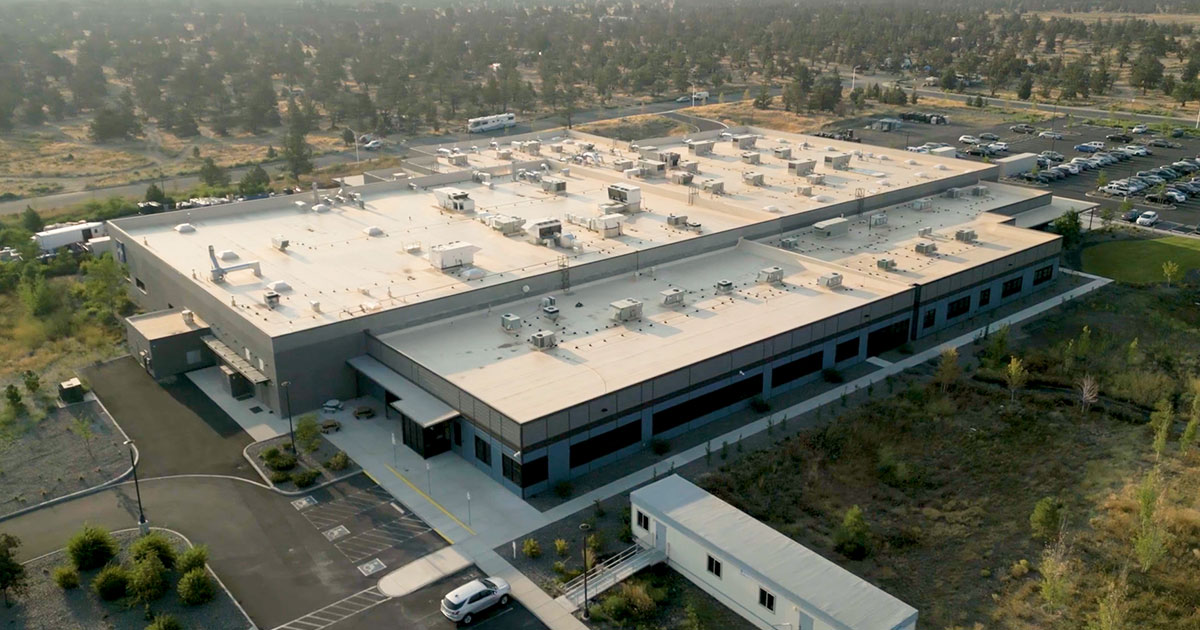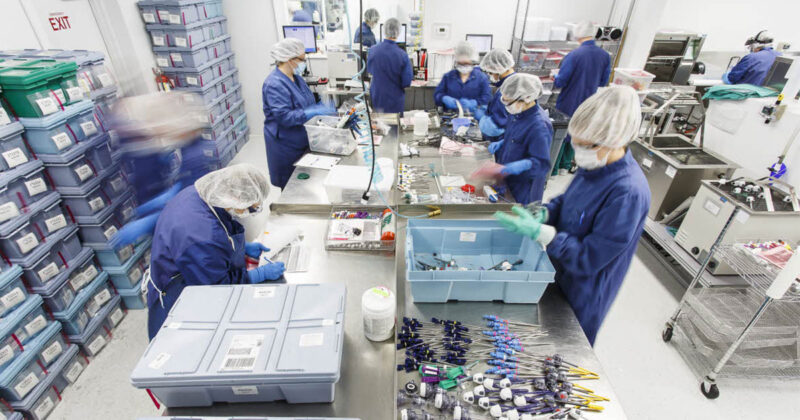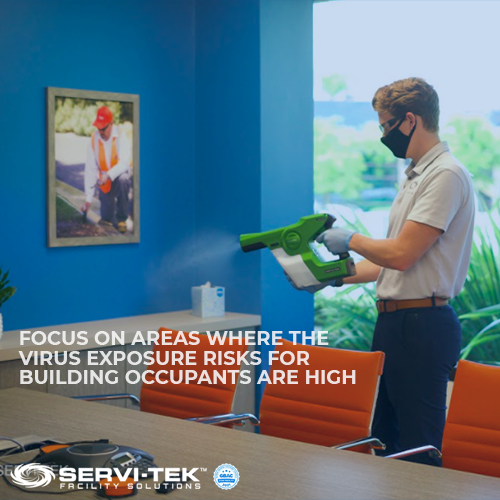Posted by Johann Nacario — November 13, 2023 — ReNewal, medical device manufacturer Medline’s device reprocessing program, recently celebrated the expansion of its Redmond, Oregon, facility by nearly 52,000 square feet, doubling the facility’s size and capacity to reprocess medical devices that would otherwise end up in a landfill.

Medical supplies are a significant cause of waste in the U.S. and throughout the world, with the American Medical Association estimating that hospital patients generate about 33.8 pounds of waste each day, leading to 6 million tons of waste each year.
Steve Bettis, Medline ReNewal vice president, explained:
Medline ReNewal is a single-use device manufacturer and reprocessor. We take these medical devices — designed to be used one time — bring them back to life, and make them usable again for our hospital and healthcare partners.
Helping “to lower healthcare’s carbon footprint”
Since 2014, Medline ReNewal has reprocessed nearly 15 million devices, helping to divert more than 10 million pounds of waste from landfills1. In 2022 alone, ReNewal reprocessed 2.3 million medical devices, helping to reduce approximately 1.1 million pounds of waste.

Frank Czajka, Medline ReNewal president, stated during the October ribbon-cutting ceremony:
We’re helping to lower healthcare’s carbon footprint, strengthen the healthcare supply chain, and improve cost efficiencies for our customers.
ReNewal health system partners attended the event, along with Jon Stark, CEO of Economic Development Central Oregon; Steve Curley, director of Redmond Economic Development; and Julie Hyer, senior project manager, Sunwest Builders.
Part of Medline’s Healthcare Resilience Initiative
The $21 million project is part of Medline’s multiyear Healthcare Resilience Initiative. Since 2018, the capital expenditure campaign has invested $2 billion in the company’s U.S. distribution centers, manufacturing capabilities, facility expansion projects and information technology (IT), with an additional $300 million planned for 2023.
ReNewal is an example of how sustainability can align with business strategy. Medline recently evolved to a robust, data-driven environmental, sustainability and governance model and released its first ESG Report.
The Redmond facility has the technical capacity to reprocess more than 4,300 types of supplies and devices across specialties of care, including orthopedics; ear, nose and throat; general/urology; ophthalmology and cardiac catheterization. Each day, the facility receives approximately 20,000 devices and ships out approximately 11,000 “like new” devices back to customers.
Meeting the highest safety standards
Bettis continued:
So the process itself from start to finish is pretty complex. Everything from collecting the devices at the customer’s facility, shipping them across the country, bringing them here, and then sorting, sterilizing, and reconditioning them and bringing them back to life.
Each reprocessed item must meet rigorous testing standards before being returned to customers. Medical device reprocessing is regulated by the U.S. Food and Drug Administration, which requires the same performance standards for both new and reprocessed devices, according to the Centers for Disease Control and Prevention.
For healthcare providers, ReNewal can help lower medical device costs 50% year after year; on average, between $200,000 and $2 million per facility (PDF). The OnDemand online ordering platform also makes it easy for customers to track the flow of collected and reprocessed devices.
Helping healthcare systems “balance competing priorities”
Currently, ReNewal works with 2,000 healthcare facilities on medical device reprocessing. This includes The University of Kansas, which reprocessed 14,000 instruments in 2022, diverting 6,911 pounds of medical device waste from landfills at a savings of $1.2 million.
Chris Heath, system director, Clinical Supply Chain Optimization, The University of Kansas Health System, remarked:
Over the last year, we really focused on expanding our product portfolio for reprocessing, concentrated on collections and creating strong partnerships with physicians and clinical staff using these products. Environmental sustainability is important to our health system, and the success of this program demonstrates our commitment to both patients and the communities we serve.
Czajka pointed out:
Every day, healthcare systems are asked to balance competing priorities — to cut costs, improve care quality and reduce waste. Medline ReNewal is extending the life of single-use devices without compromising clinical quality or patient safety. This is a win-win situation for our customers and the environment. We are thrilled to be part of the solution, and thrilled to celebrate this expanded facility.
Learn more about how Medline ReNewal is making healthcare run better.




